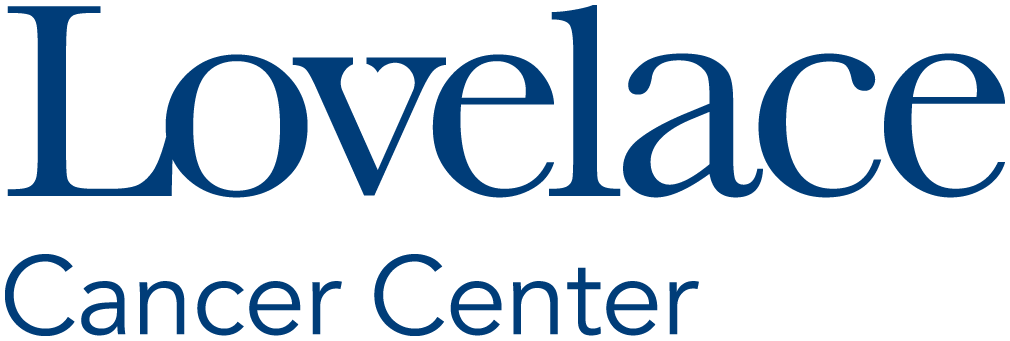
Sometimes making check-up appointments and getting blood drawn doesn’t feel all that important with the hustle and bustle of life. Cancer screenings get pushed to the next year or worse, are forgotten entirely. However, getting screenings is one of the most essential things both men and women can do for their health because the sooner you have all the information, the better.
Check the lists below to see which cancer screenings should be done at which time of life and when you should discuss with your physician so you can be proactive about your health.
- Skin Cancer
- Colorectal Cancer
- Lung Cancer
- Prostate Cancer
- Testicular Cancer
- Breast Cancer
- Cervical Cancer
Men and Women
Skin Cancer
Check your skin often for irregularly-shaped, dark spots. Play close attention to the face, back and shoulder regions. If you find any concerning marks, make an appointment with a physician. Additionally, have your physician check your skin since it can be hard to easily see your whole body.
Colorectal Cancer
Starting at age 45, a fecal blood test can be performed annually. Colonoscopies are performed every 10 years. In 2018, some 140,000 Americans were diagnosed with the disease and 50,000 died of it. Experts believe that adequate screening could have prevented perhaps 60% of colorectal cancer deaths. (CDC) There are also other tests you could choose to check for colorectal cancer, including blood-based and radiological imaging. However, a colonoscopy is highly recommended.
Lung cancer
Annual screening for lung cancer with a low-dose CT scan in adults ages 55 to 80 years, who have a 30 pack-year smoking history (smoked one pack/day for 30 years, two packs/day for 15 years, etc.) and who currently smoke or have quit within the past 15 years.
Men
Prostate Cancer
You should get screened for prostate cancer starting at age 55. You should consider getting checked earlier if your brother or father had prostate cancer, if you are African-American and/or are experiencing problematic urinary changes.
Testicular Cancer
All men should have a testicular exam as part of their routine physicals starting at age 15. Talk to your physician if you have a family history of testicular cancer or an undescended testicle. You should also perform self-exams, feeling for hard lumps, smooth bumps or changes in the size or shape of the testes.
Women
Breast Cancer
Starting at age 40, women should get a mammogram every one to two years until the age of 74. Getting screened yearly saves the most lives, and enables physicians to find cancers at the earliest and most treatable stage.
Cervical Cancer
A pap test should be performed every three years starting at age 21 until age 65. Everybody's at risk for getting cervical cancer if they ever have sex in their life. It's also a problem for those who are otherwise immune suppressed as well. Someone who is HIV positive or who has other STDs may be at higher risk of having the higher risk type of HPV and possibly a more aggressive response of the virus.
Just like your car needs annual maintenance and your house needs yearly inspections, your body needs to be checked too. Make appointments to get screened for any cancers that might be of concern given your age or family history. Taking measures to check in with your health can only benefit you. So, break out the date book and schedule some screenings!
Talk with your physician about any screening questions you may have. Not all screenings are recommended for all individuals.



